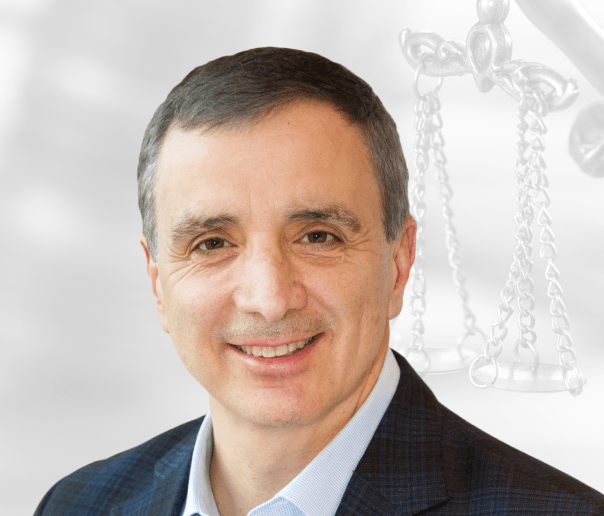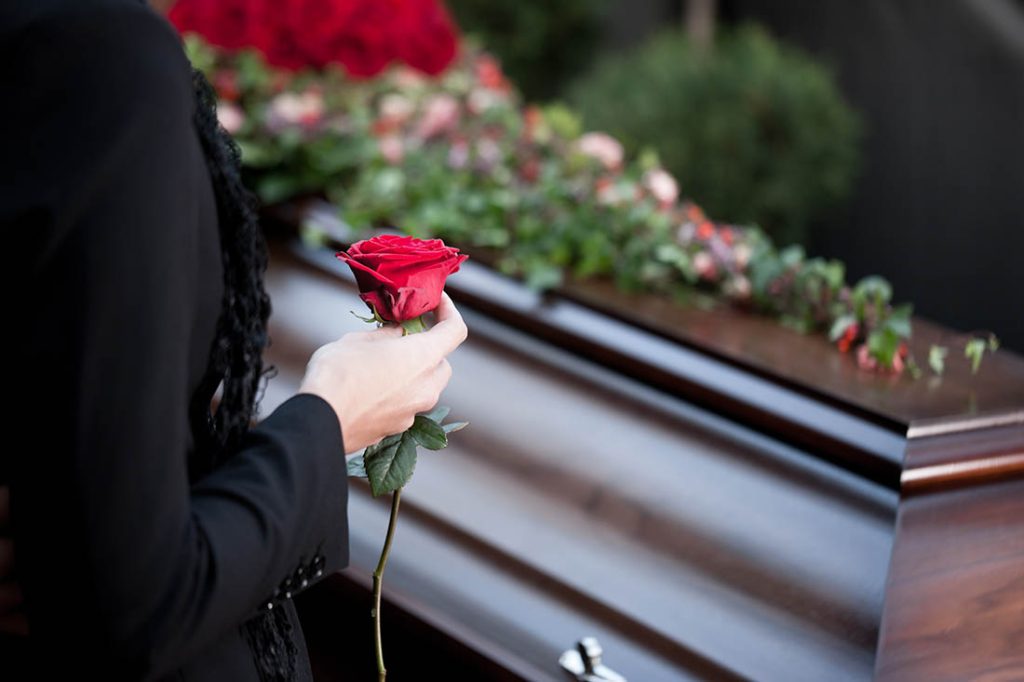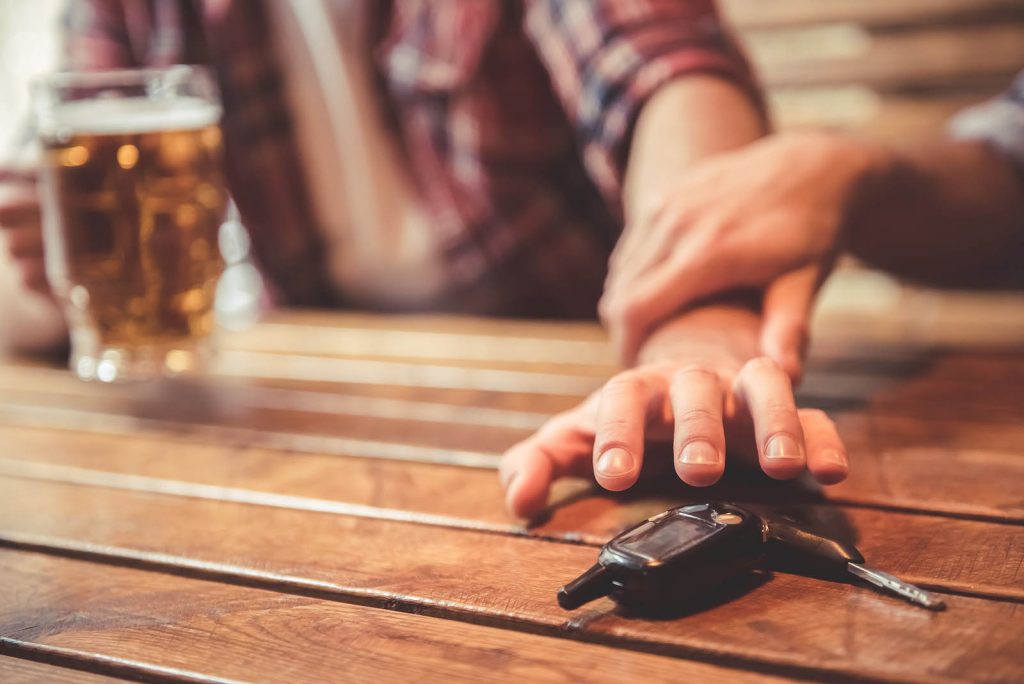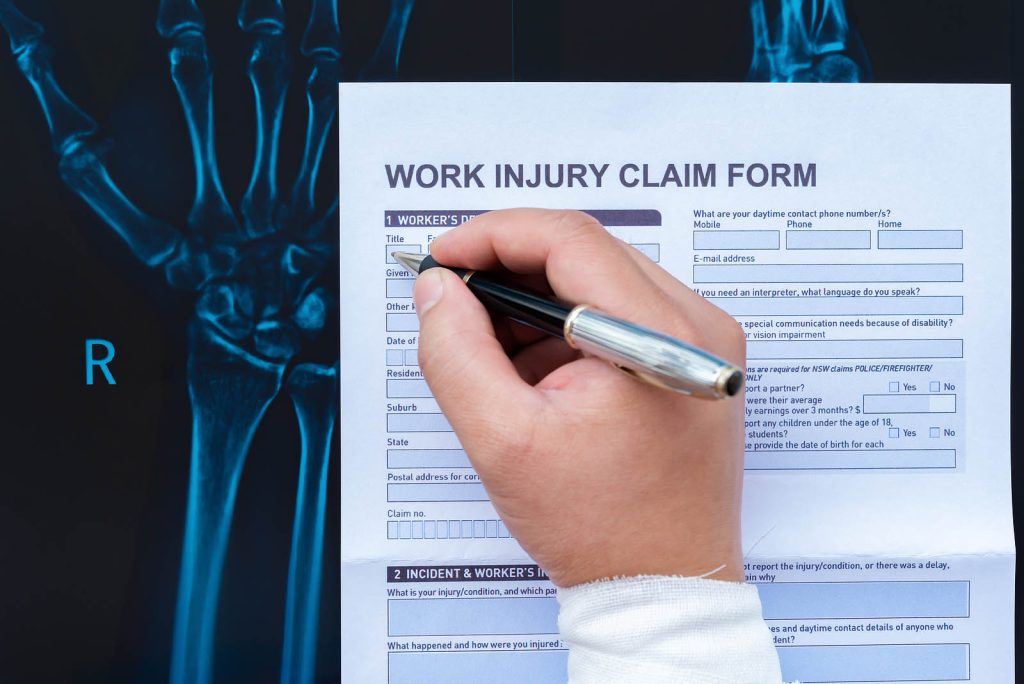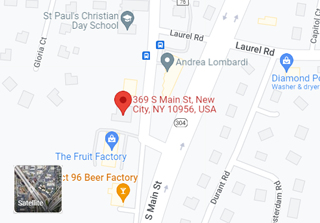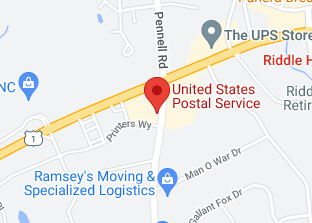Getting arrested for a DWI can be scary and embarrassing. You may have questions like, What happens when you are arrested for a DWI? What happens after a DWI arrest? Having a basic understanding of what will happen next and what you can do to preserve your rights can make the process just a little bit less terrifying. At Greenspan & Greenspan P.C., we compiled this short blog to provide valuable information about what happens when you get a DWI.
Can You Get Arrested for a DWI?
You might be wondering if a person can get arrested for a DWI, or if a DWI only results in a traffic ticket. The answer is yes, you can and will be arrested for a DWI if you are driving with a blood alcohol content (BAC) over the legal limit. Even though driving while intoxicated is technically a traffic violation, it can have criminal consequences, including an arrest and criminal record.
What Happens When You Are Arrested for a DWI?
After you are arrested roadside for a DWI, many things will happen immediately in the days and weeks to come.
Booking
Immediately after being arrested, you will be taken to the local police station to begin the booking process. Typically, this involves obtaining your basic personal information and getting fingerprinted and photographed.
Breathalyzer and Chemical Tests
Like many states, New York has an implied consent law, which means if you drive in the state, you agree to submit to chemical tests that measure and record your blood alcohol content. Refusing to take a breathalyzer, blood, or urine test can result in additional charges, automatic license suspensions, and more.
First Appearance or Arraignment
Once charged and booked, an officer will place you in a holding cell after giving you an opportunity to call someone to arrange bail. If you cannot bail out, you will have an initial or first appearance before a judge within 24 hours of arrest. Here, you will be read the formal charges against you and advised of your rights. The judge may raise or lower your bail amount as they see fit.
If you do bond out of jail, your first time in front of the judge will be your arraignment in court, possibly days or even weeks later. If you did not have a first appearance, this is where the judge will read the formal charges, and you’ll have the opportunity to plead guilty or not guilty. Most people plead not guilty at this phase because they want to speak to their lawyer, conduct discovery, and explore their options first.
Discovery
Your attorney will request discovery from the prosecutor, including any police reports, dash and body cam video, test results, recorded statements, and any other evidence the State intends to use to prove their case. After your attorney reviews all of the State’s evidence, they will begin to develop your best defense strategy.
Pretrial and Trial
Your lawyer will file any pretrial motions that could exclude evidence and attempt to get the charges reduced or dismissed. If no such grounds exist, they will negotiate with the state to get an advantageous plea offer. You will decide if you want the plea or go to trial.
We strongly encourage you to meet with experienced counsel before deciding on a course of action. A guilty verdict or plea agreement can have serious consequences, so it’s important to consult experienced counsel before proceeding.
Sentencing
Your case will proceed to the sentencing phase if you get convicted or enter a plea agreement. The potential penalties for a DWI conviction can include jail time, license suspension, fines, ignition interlock devices, alcohol counseling, and more. The possible sentence will be harsher if this is not your first offense. A second, third, or subsequent DWI will have enhanced penalties. Your lawyer can discuss specific consequences as they might relate to your case.
What to Do When Arrested for DWI
Immediately following a DWI arrest, there are certain things you should and should not do. While every case is different, and what might apply in your situation might not apply to someone else’s, there are three essential things to remember.
Remain Silent
It is best to remain silent to avoid admitting to any wrongdoing. Even an innocent statement may be misconstrued or used against you later. While you should avoid speaking with the police without your attorney present, it is important to remain cooperative and polite.
Avoid Social Media
While it is second nature for many of us to jump onto our social media accounts to vent or share what is going on in our lives, you should avoid posting to your social media accounts after a DWI arrest. Even if you believe you are being unfairly or wrongly accused, social media is not the place to vent your frustrations. Anything shared there can be used against you later. Don’t feed the prosecution any more ammunition against you—wait until the case is over to share.
Consult with a New York DWI Defense Attorney
You should contact a DWI defense attorney to discuss your case and preserve your rights as soon as you can. DWIs have long-lasting consequences, and you will want to do all you can to avoid a conviction. An experienced attorney will evaluate the evidence to determine your best course of action.
DWI Lawyers Serving Rockland County
At Greenspan & Greenspan, P.C., we know how devastating a DWI arrest and conviction can be. It can impact your family, professional, and social life. We have over 30 years of experience with the justice system, and we can see you through this challenging time. Contact us today for a free, confidential consultation.

